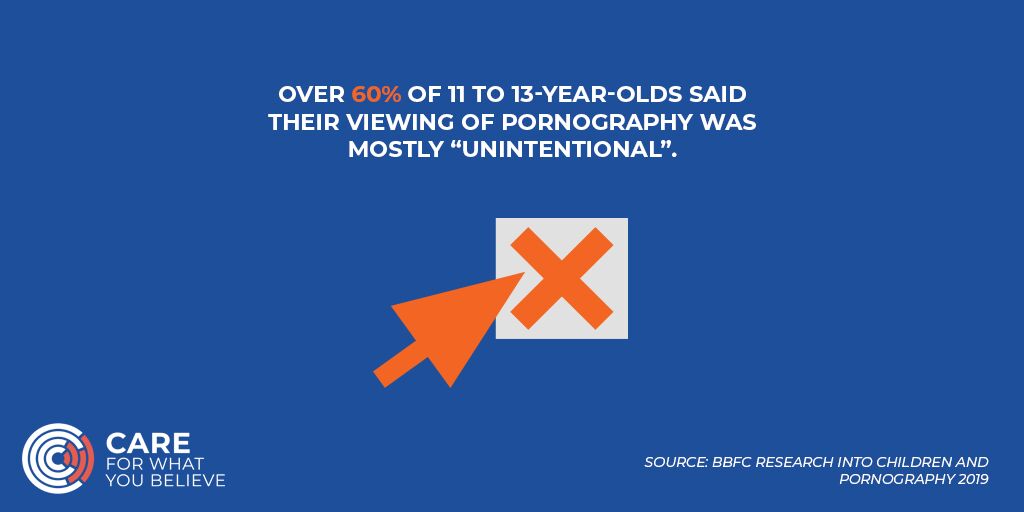Pornography
Cross-party support for new pornography safeguards

There’s been strong support from across the House of Commons for new measures to protect children from online pornography.
For years, CARE’s been pushing for robust age checks to stop under 18s accessing pornography online.
In 2018, MPs and Peers approved regulations to enact age checks on commercial porn sites as part of the Digital Economy Act.
But in October 2019, the Government U-turned and ditched the scheme. Since then, CARE’s continued to push for its implementation.
Last year, the Online Safety Bill was published in draft form with no mention of pornography on the face of the Bill.
However, following pressure in February 2022, the government said age checks for online porn would be included.
During the bill’s second reading – which is where MPs debate general principles – there was clear support from both sides of the House for the age controls.
In key respects, the new proposals are better than the previous age verification scheme. This time, the scheme will cover social media, user-to-user generated content and all pornographic websites.
Clarity, Consistency and Commitment

Prior to the debate, CARE briefed MPs on several concerns to do with the clarity of how the age checks scheme will work.
MPs also raised questions about the consistency of the legislation in terms of how it deals with online porn.
Most important is the points raised by some MPs that this time the government needs to follow through on its word and implement the age checks.
Senior Policy Officer at CARE, Tim Cairns, told Premier Radio why we need to pray for young people:
"I think we need to be praying for the youth of our country. "This really is the Wild West of an online world. "I think we really need to pray for our teenagers, pray for that they won't be exposed to these things, pray for parents to have wisdom and how they guide and work with our teenagers and explain to them the dangers of what lurks online."
Wider debate
During the debate which was much shorter than anticipated because of other statements in the House, a lot of focus was on the need to protect journalistic freedom.
Freedom of expression online was also highlighted as an area of concern, especially given confusion over the proposed ‘legal but harmful’ definition.
MPs also pushed for greater clarity over the legislation will deal with misinformation online.

Next steps
The bill passed second reading and will move to committee stage where amendments are expected to be tabled, debated and voted on.
After committee, the legislation will be considered by all MPs before moving the Lords.
Share
